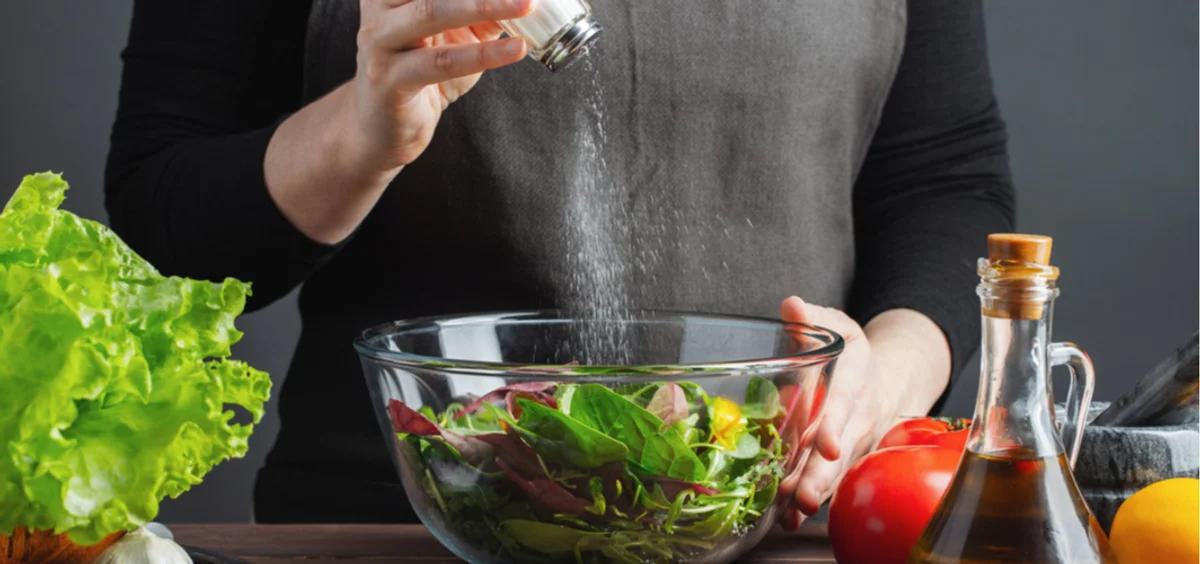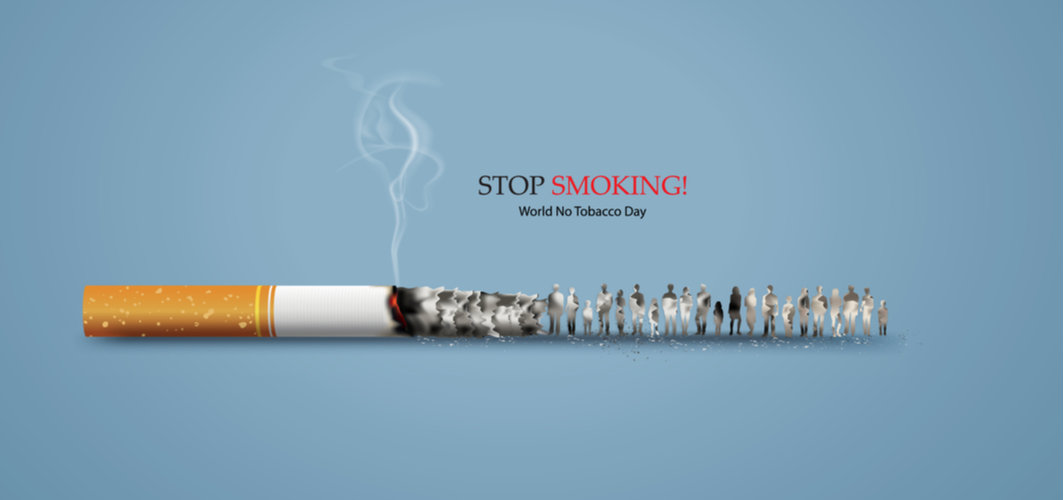- Home
- Blog
- Special Days
World Salt Awareness Week: What Happens When You Eat Too Much Salt?
Special Days
World Salt Awareness Week: What Happens When You Eat Too Much Salt?
By Apollo 24|7, Published on- 15 March 2022, Updated on -18 October 2022
Share this article
2
8 likes

Salt is one of the most widely used cooking ingredients globally. It is commonly used as a seasoning to flavour foods and as a preservative to prevent the growth of bacterial growth in foods. Also known as sodium chloride, the salt comprises 60% chloride and about 40% sodium. It is a well-known fact that a diet high in salt can adversely affect our health. Despite that many of us indulge in excessive salt consumption. Every year countries across the globe observe “World Salt Awareness Week from March 14th to 20th. The aim behind organizing the week is to increase awareness about the damaging health effects of consuming too much salt. The article explores the health effects of over intake of salt in detail below.
Why Do You Need Salt?
Salt is the major natural source of sodium, an essential micronutrient necessary for maintaining fluid balance, absorbing nutrients, transmitting nerve signals, and contracting and relaxing muscles. All the other natural foods such as vegetables, fruits, whole grains, and dairy contain a negligible amount of sodium.
Moreover, people who consume very little to no salt may be at an increased risk of poor health outcomes such as:
- Dehydration
- Hypotension (low blood pressure)
- Hyponatremia (low sodium levels)
- High cholesterol and triglycerides
Health Effects of Too Much Salt Intake
(I) Short Term Effects
Consuming too much salt at once can have a few short-term health consequences, such as:
1. Water Retention
The kidneys maintain a specific sodium-to-water ratio in the body. When a person consumes extra salt or sodium, their kidneys retain extra water to balance out the extra sodium. However, this leads to water retention in the body, resulting in bloating. Excessive water retention can cause swelling in the hands and feet.
2. Temporary Rise in Blood Pressure
Eating too much salt at once may lead to a sudden surge in the blood volume flowing through the blood vessels. This may trigger a brief increase in blood pressure levels. The risk is higher for people who are obese, aged, or both.
3. Acute Thirst
A very salty meal can cause dehydration resulting in a dry mouth and intense thirst. If you fail to hydrate yourself after consuming high amounts of salt, the sodium levels in your body may surge beyond the safe levels, resulting in a life-threatening condition called hypernatremia. Without prompt treatment, the condition may lead to restlessness, confusion, breathing problems, seizures, coma, or even death.
(II) Long Term Effects
People who regularly consume a salt-rich diet may be at an increased risk of long-term or chronic health problems, including:
1. Hypertension (High Blood Pressure)
Excess intake of salt is a major risk factor for hypertension, a condition in which the force applied by the blood while flowing through the blood vessels is extremely high. The higher the blood pressure, the increased the risk of developing health problems such as atherosclerosis (hardening of arteries), stroke, kidney disease, and heart failure. Excessive salt intake also restricts the functioning of the body’s renin-angiotensin system, which controls blood pressure and sodium levels. Research shows reducing salt intake may lower blood pressure significantly.
Recommended Read: 7 Tips to Manage Hypertension
2. Heart Disease
Research suggests that people who consume too much salt may be at a higher risk of heart disease. Consuming excessive salt can cause high blood pressure and stiffening of arteries, thereby increasing the risk for heart diseases. According to a study, with every 1 gram increase in daily intake of sodium the risk of heart diseases increases by 6%. Another study found that people who consume more sodium are at higher risk of heart disease and death than those who consume less sodium.
3. Stomach Cancer
Medical researchers have noted a strong correlation between a high salt diet and an increased risk of stomach cancer. According to a study, people who consume more salt may have a two times higher risk of developing stomach cancer than those who eat less salt. Scientists found that a high intake of salt can facilitate the growth of Helicobacter pylori, a bacteria that can result in inflammation, gastric ulcers, and stomach cancer. Some studies also show that a high salt diet may cause mutation and multiplication of cells, which can stimulate cancer development.
Recommended Read: 7 Warning Signs of Cancer
Common Foods High in Salt
Processed or packaged foods are believed to be the top contributors of salt (sodium) in our diets. Other sources include:
- Bread
- Cookies
- Salty snacks
- Burgers
- Noodles
- Processed meats
- Cheese and cheese products
- Packaged soups
How Much Salt Is Too Much?
Our bodies need a very small amount of sodium to function optimally. According to health experts, adults should not consume more than 2,300 mg of sodium a day. Ideally, the average daily dietary intake of sodium should be 1,500 mg per day, which is equivalent to 3/4 teaspoon of salt. People with pre-existing health conditions should consult their physician for personalized recommendations regarding salt intake.
Conclusion
Salt is one of the most commonly used cooking ingredients. While moderate consumption of salt may benefit your health by maintaining the optimum sodium-to-water ratio in the body, excessive intake may do more harm than good. Those who consume excessive salt are more likely to experience adverse health outcomes including high blood pressure, heart disease, and even cancer. Experts suggest that by limiting the daily salt intake to less than 2,300 mg, drinking plenty of water, and eating foods rich in potassium, one can prevent the adverse effects of excessive salt consumption. People with pre-existing health conditions should consult their physician before making any drastic changes to their diet.
Want to consult a doctor?
Services
Special Days
Leave Comment
Services
Recommended for you

Special Days
World No Tobacco Day: Reasons Why You Should Quit Smoking Today!
Apart from cancer, there are several other health problems linked to the use of smoked and smokeless tobacco. Read to know more.

Special Days
Dad's Health: Checkpoints to Ensure His Well-Being
Celebrate Father's Day by taking care of your dad's health. Show your love by safeguarding his health for a fulfilling life.

Special Days
World Health Day 2022: Let’s Ensure Good Health For All
Climate change can affect human health adversely. Here's how one can fix their surrounding environment to promote overall well being.
Subscribe
Sign up for our free Health Library Daily Newsletter
Get doctor-approved health tips, news, and more.

